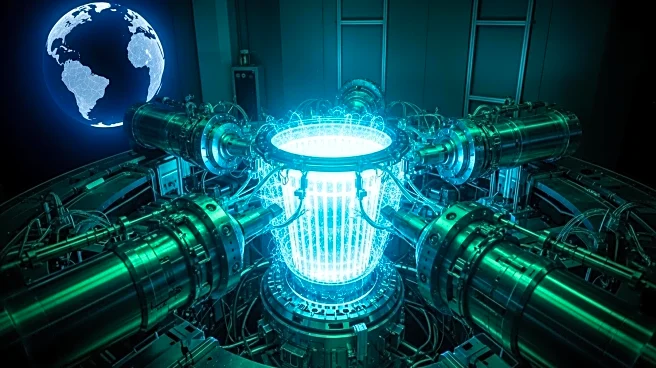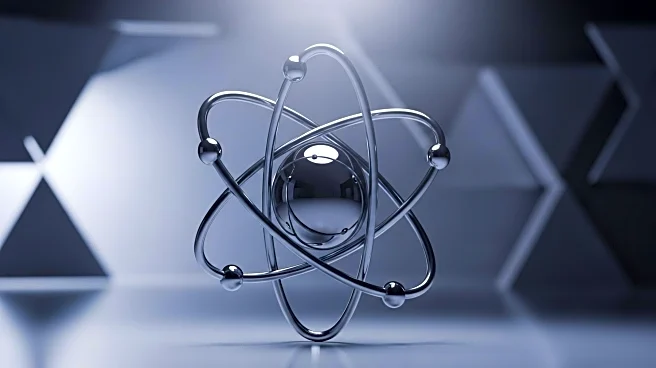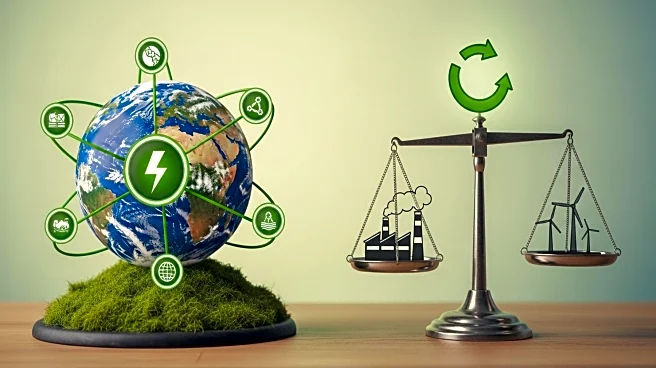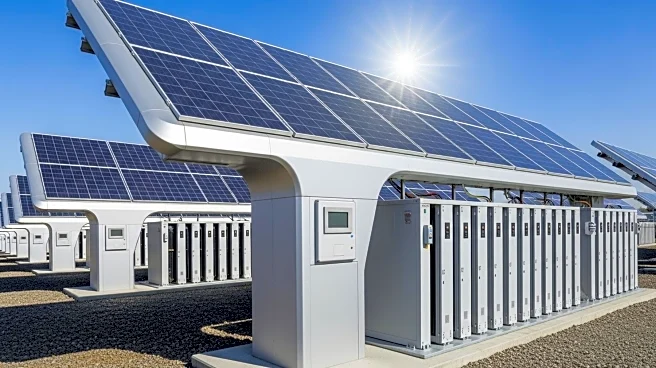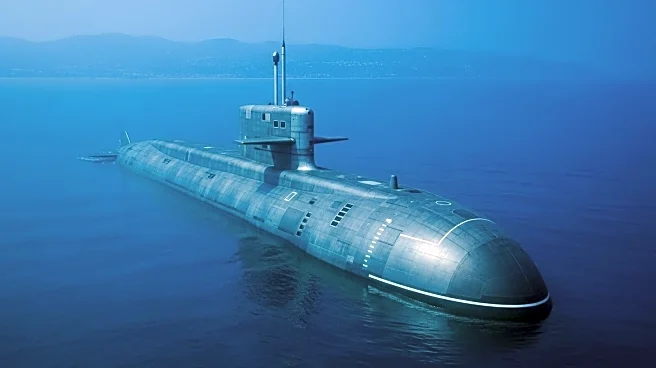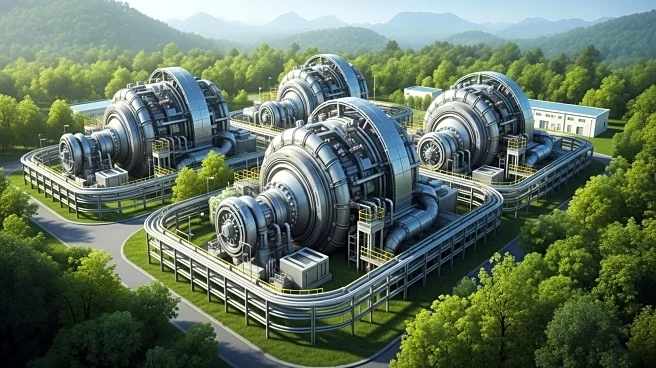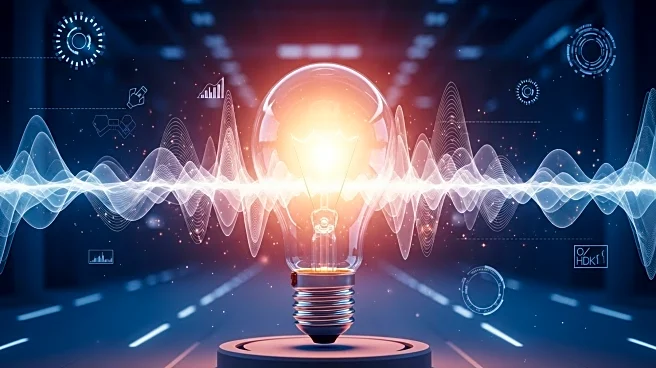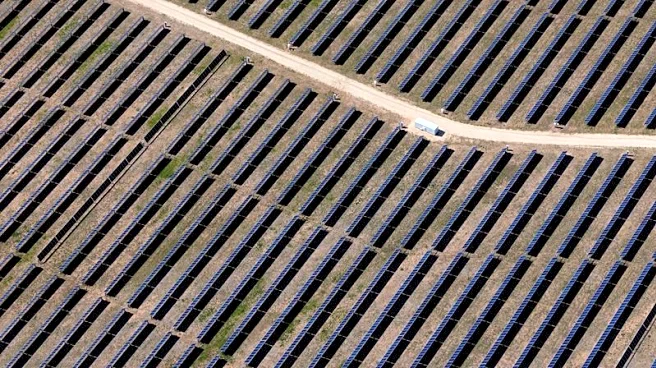Rapid Read • 7 min read
The United States is making strides in marine energy as a reliable source of 24/7 baseload power. This initiative is part of a broader energy policy that includes geothermal and biomass energy. Marine energy, derived from currents, tides, and waves, is being developed through various technologies, though it has yet to gain a strong foothold in mainstream markets. The Department of Energy is supporting this emerging industry through collaborations and research programs, such as the TEAMER initiative, which provides resources for testing and innovation.
AD
Marine energy represents a significant opportunity for the U.S. to diversify its renewable energy portfolio and reduce reliance on fossil fuels. As a consistent power source, it can complement other renewable energies like solar and wind, which are subject to weather variability. The development of marine energy could lead to economic growth, job creation, and enhanced energy security. It also aligns with global efforts to combat climate change by reducing carbon emissions. The U.S. Navy's interest in marine energy further underscores its strategic importance.
The U.S. Department of Energy's continued support for marine energy research and development is expected to accelerate the commercialization of this technology. Upcoming projects and collaborations, such as those with international partners, will likely expand the industry's capabilities. The success of these initiatives could lead to increased investment and policy support, positioning the U.S. as a leader in marine energy. Stakeholders, including environmental groups and coastal communities, will be closely monitoring these developments.
AD
More Stories You Might Enjoy
